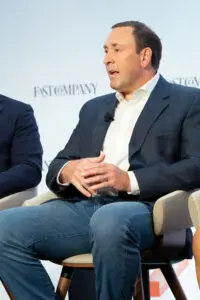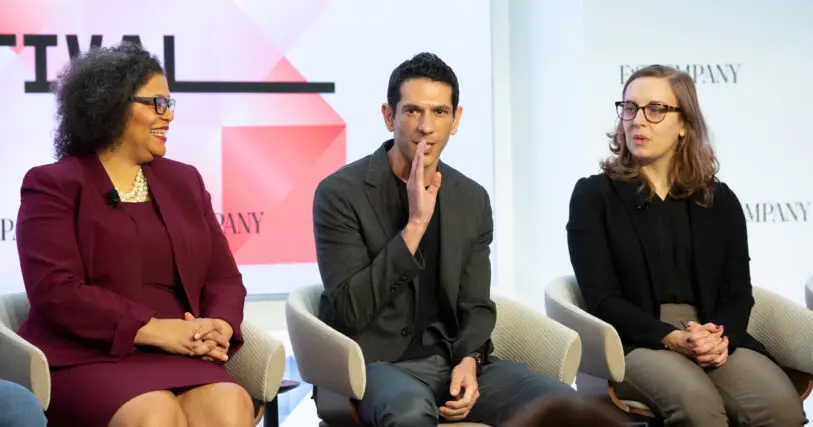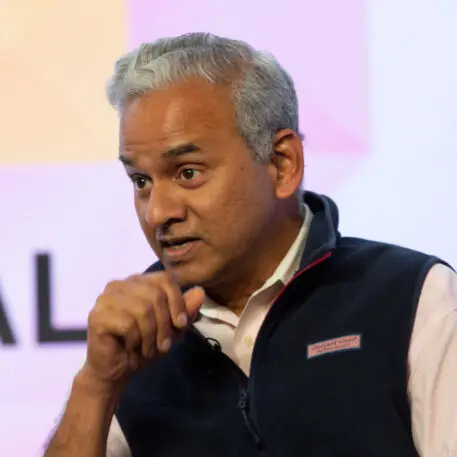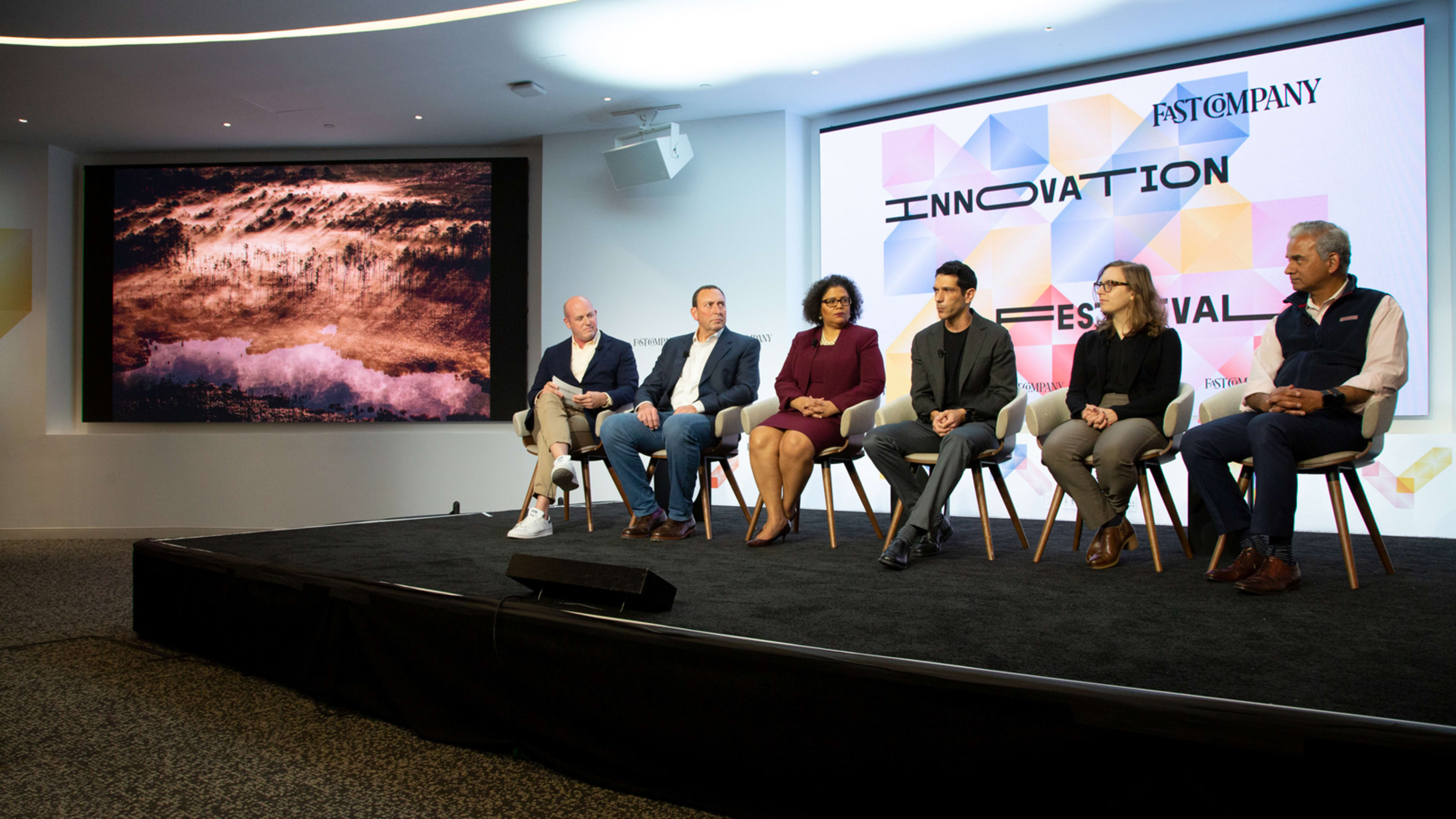The market will be key to fighting the climate crisis at the enormous scale needed, according to experts at the Fast Company Innovation Festival.
“What’s the one idea that humanity has come up with in the last 1,000 years that’s still transparent, cost efficient, and verifiable?” asked Andrew Dailey, cofounder of Climate Vault, on the panel entitled Seizing the Last, Best Chance to Slow Climate Change. “It’s the market. So we said, ‘How can we take the market mechanism to address this problem?'”

Next, the company, which was also cofounded by Michael Greenstone, previously chief economist for the Council of Economic Advisers for the Obama administration, invests in innovative carbon removal and sequestration technologies to permanently erase emissions from the Earth. “Our thing is really simple, which is: Tons, tons, tons, tons,” Dailey said. “And we end conversations with, ‘Let’s go get more tons.'”
For Dailey, the system works because of the scale it can achieve, comparing it to smaller actions that we do on behalf of sustainability in our everyday lives. “We all go home and compost our coffee grounds. The reality is, does the planet care?” he asked. “Composting is a wonderful thing . . . [but] we’ve got to go after the big targets and do it in a cost-effective way that’s durable, over the long term.”
Supporting Climate Vault to scale its work is Genpact, a digital transformation company, whose data and insights will help the company reach a wider segment of the market and work with bigger industries to ultimately achieve its goal of reducing 10 million metric tons of emissions by the end of 2025. On the panel, Tiger Tyagarajan, Genpact’s CEO, agreed with Dailey about the approach. “Markets really work,” he said. “Bringing demand and supply together works.” And, it’s relatively easy for businesses to participate.


While markets will do the bulk of the work, Tyagarajan emphasized they will still have to be supplemented with policy. However unpopular at first, reasonable government mandates could help cut carbon tolls. He recalls when the world’s carbon footprint dropped in April 2020, at the onset of the pandemic, because everyone had to stay home. “No one sat down at the table and said, ‘Let’s negotiate a treaty,'” he said. “There was no treaty. You’re not getting out of your home, buddy. You’re not driving a car.”
That could inform future policy initiatives. For instance: “I wish there was a mandate that basically says, on Saturdays and Sundays, no one drives,” Tyagarajan said.
Recognize your brand’s excellence by applying to this year’s Brands That Matter Awards before the early-rate deadline, May 3.
